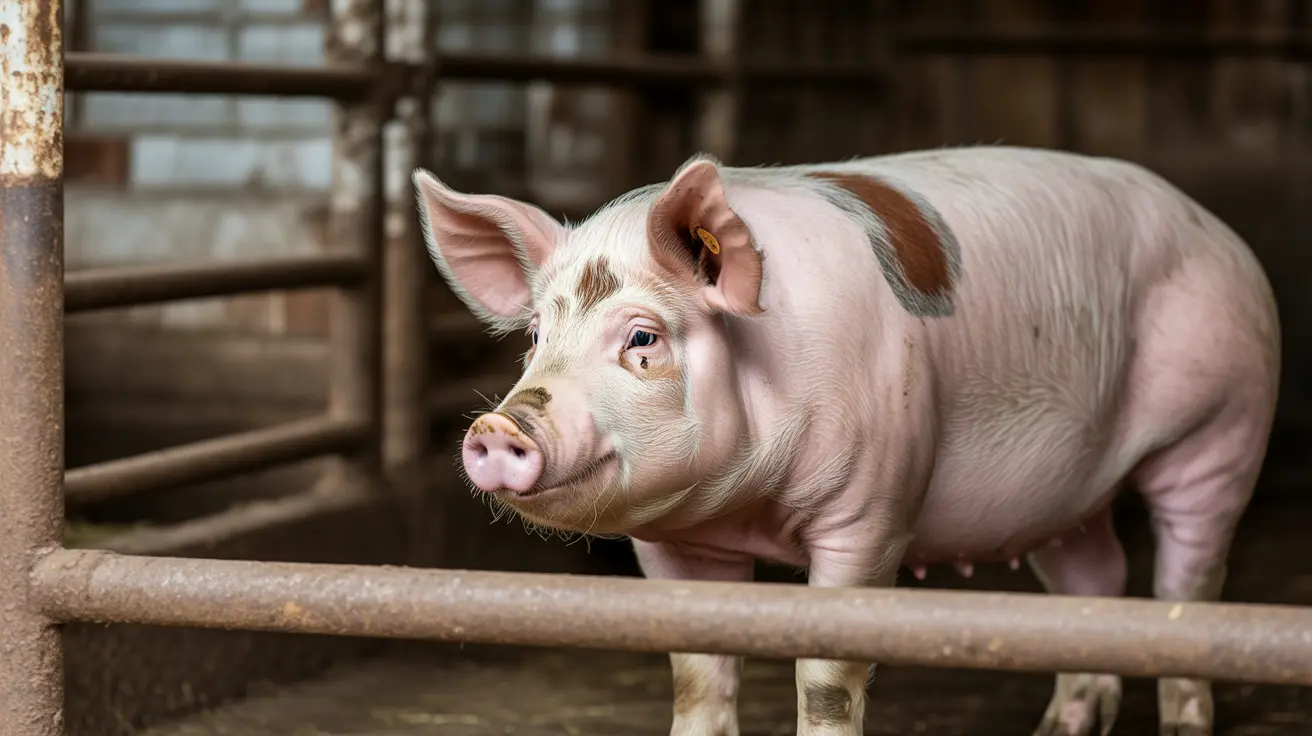While it might seem like an extreme question, the health risks associated with dog feces are far more serious than many people realize. Though direct fatalities from dog poop are extremely rare, the hazards it presents to human health and the environment are significant and shouldn't be underestimated.
In this comprehensive guide, we'll explore the potentially deadly pathogens found in dog waste, understand who's most at risk, and learn how to protect yourself and your family from these hidden dangers.
The Hidden Dangers in Dog Waste
Dog feces contain an alarming concentration of harmful organisms - approximately 23 million bacteria per gram. These include dangerous pathogens like E. coli, Salmonella, and Campylobacter, which can cause severe illness in humans. Additionally, parasites such as Toxocara canis (roundworm) and Giardia pose serious health threats, particularly to children and those with compromised immune systems.
Perhaps most concerning is the presence of antibiotic-resistant bacteria like MRSA and vancomycin-resistant Enterococcus (VRE) in dog waste, which can make treatment particularly challenging if infection occurs.
High-Risk Groups and Severe Health Complications
While healthy adults typically have strong immune systems to fight off many infections, certain groups are particularly vulnerable to serious complications from exposure to dog feces:
- Young children
- Elderly individuals
- Pregnant women
- People with compromised immune systems
- Individuals undergoing chemotherapy or immunosuppressive therapy
Environmental Impact and Transmission Routes
The EPA classifies dog waste as a significant environmental pollutant, comparable to toxic chemical runoff. With over 10 million tons of dog waste produced annually in the US alone, the scale of this problem is massive.
Transmission of harmful pathogens can occur through:
- Direct contact with contaminated soil or waste
- Ingestion of contaminated water
- Inhalation of contaminated dust particles
- Contact with contaminated shoes or equipment
Life-Threatening Complications
While direct fatalities from dog waste are uncommon, several life-threatening conditions can develop from exposure:
- Severe bacterial infections leading to sepsis
- Toxocariasis, which can cause organ damage and blindness
- Chronic diarrheal diseases leading to severe dehydration
- Complications from antibiotic-resistant infections
Prevention and Safe Handling Practices
To minimize health risks, follow these essential safety measures:
- Always use gloves or waste bags when handling dog poop
- Wash hands thoroughly after cleaning up pet waste
- Keep children away from areas where dogs frequently defecate
- Clean and disinfect any tools used for waste removal
- Dispose of dog waste properly in sealed containers or flush when permitted
Frequently Asked Questions
Can dog poop cause serious illnesses or infections in humans?
Yes, dog poop can cause various serious infections including bacterial diseases (E. coli, Salmonella), parasitic infections (roundworms, Giardia), and even antibiotic-resistant infections that can be particularly dangerous.
What harmful bacteria and parasites can be found in dog feces?
Dog feces commonly contain dangerous pathogens including E. coli, Salmonella, Campylobacter, roundworms, hookworms, and various antibiotic-resistant bacteria like MRSA and VRE.
How does dog poop contamination affect the environment and water quality?
Dog waste significantly impacts environmental health by contaminating water sources with harmful bacteria and parasites. It's classified as a nonpoint source pollutant by the EPA and can lead to widespread water quality issues.
What are the best practices for safely disposing of dog waste to protect health?
The safest methods include picking up waste immediately using bags or gloves, disposing of it in sealed containers, or flushing it down the toilet where permitted. Always wash hands thoroughly afterward.
Is it possible for dog poop to be fatal, and who is most at risk?
While direct fatalities are extremely rare, dog poop can lead to life-threatening complications, particularly in young children, elderly individuals, and those with compromised immune systems. Severe infections or complications from antibiotic-resistant bacteria pose the greatest risks.






